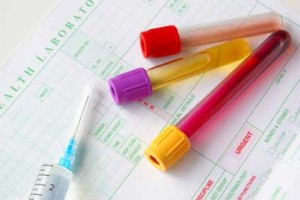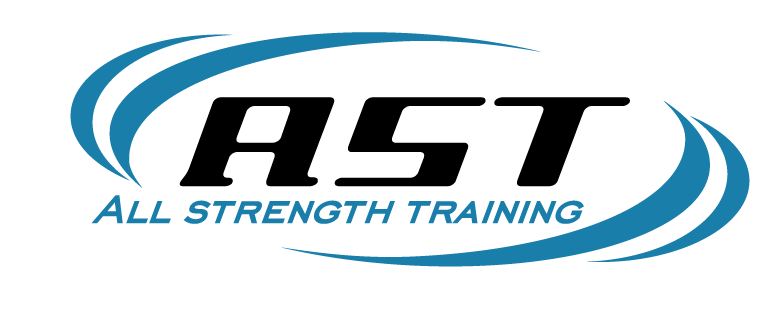Get Your Blood Tested for Optimal Body Composition

Most people who are struggling to add significant amounts of muscle or lose bodyfat quickly will try just about anything to get results – every fad diet, every “cutting edge” workout routine from your favorite grocery store fitness magazine, every “amazing new” supplement with ads that show men and women with physiques that you would kill for. But when we screen new clients coming in to start a program, when we ask when the last time blood work was drawn, over 90% of the time the answer is “more than 2 years ago.”
On top of that, the extent of the education on the results provided by the doctor typically focuses on things like cholesterol and glucose, with very little attention paid to other key information that could make all the difference in the world for how much you get out of your physical efforts. Below I will list what I believe to be 3 of the most important blood tests that are very easy to do and can be taken by most doctors and covered under most insurances.
Vitamin D3
Most of our exposure to vitamin D comes via sunlight, with very little vitamin D coming from our diet. In addition, the RDA for vitamin D is a meager 400IU per day, which means that even foods that are fortified with vitamin D don’t contain it in any quantities that will do any good very quickly. Combine poor food intake with limited sun exposure and you’re very likely to have low levels of D. In fact, the average blood levels for Americans living north of Atlanta, Georgia are 14ng/mL. Optimal levels, however, are between 80-100ng/mL.
Red Blood Cell Magnesium
Per Charles Poliquin:
“Magnesium is the fourth-most abundant mineral in the body, with approximately 66 percent of it found in bone and 33 percent in skeletal and cardiac muscle. It is absorbed in the small intestine and excreted through the kidneys. Magnesium is involved in 300 essential biochemical reactions in the body, ranging from ATP production to protein synthesis, so it is obviously important for optimal athletic performance and a high quality of life.” (Magnesium Deficiency: A Growing Health Crisis)
Although the labratory norms for RBC magnesium are typically between 1.8 and 2.2mg/dL, optimal ranges have been shown to be somewhere between 4.2 and 6.8mg/dL. Several different types of magnesium are available, composed of different “chelates” which make them more likely to be absorbed by specific tissues in the body, such as the liver, the muscles, and the brain. It is also available in topical forms for those with history of GI upset or symptoms of Irritable Bowel Syndrome.
Red Blood Cell Zinc
Zinc, like magnesium, is an essential mineral for many of the body’s functions, but is also one of the most common mineral deficiencies. Common side effects include low testosterone and aromatization of testosterone into estrogen, as well as decreased muscle mass and delayed muscular recovery. Ideal levels for those training intensely have been shown to be between 1,400 ug/dL.
Addressing Deficiencies
If you show as deficient in any of the above 3 nutrients, it would be beneficial to use a functional medicine doctor or other practitioner to help you develop a plan to restore deficiencies. It is important to note that many times it can be necessary to use a “therapeutic dose” of a vitamin or mineral to restore a deficiency – in other words, a dose that’s significantly more than what would be suggested for daily maintenance. But think of it this way – it’s not much different than a doctor recommending 200mg of ibuprofen for a headache, but 800mg for a severe sprain. The dose will be tailored to the condition.
Please, if you have been struggling to make changes but aren’t seeing the results you want, contact your physician and ask to have these three tests taken. Then seek out help to get the appropriate guidance to restore nutrient status and get the body you desire.
For more information on nutrient deficiencies and how they can impact your health and physique, click here to learn more about BioSignature Hormone Analysis and to schedule a consultation.
